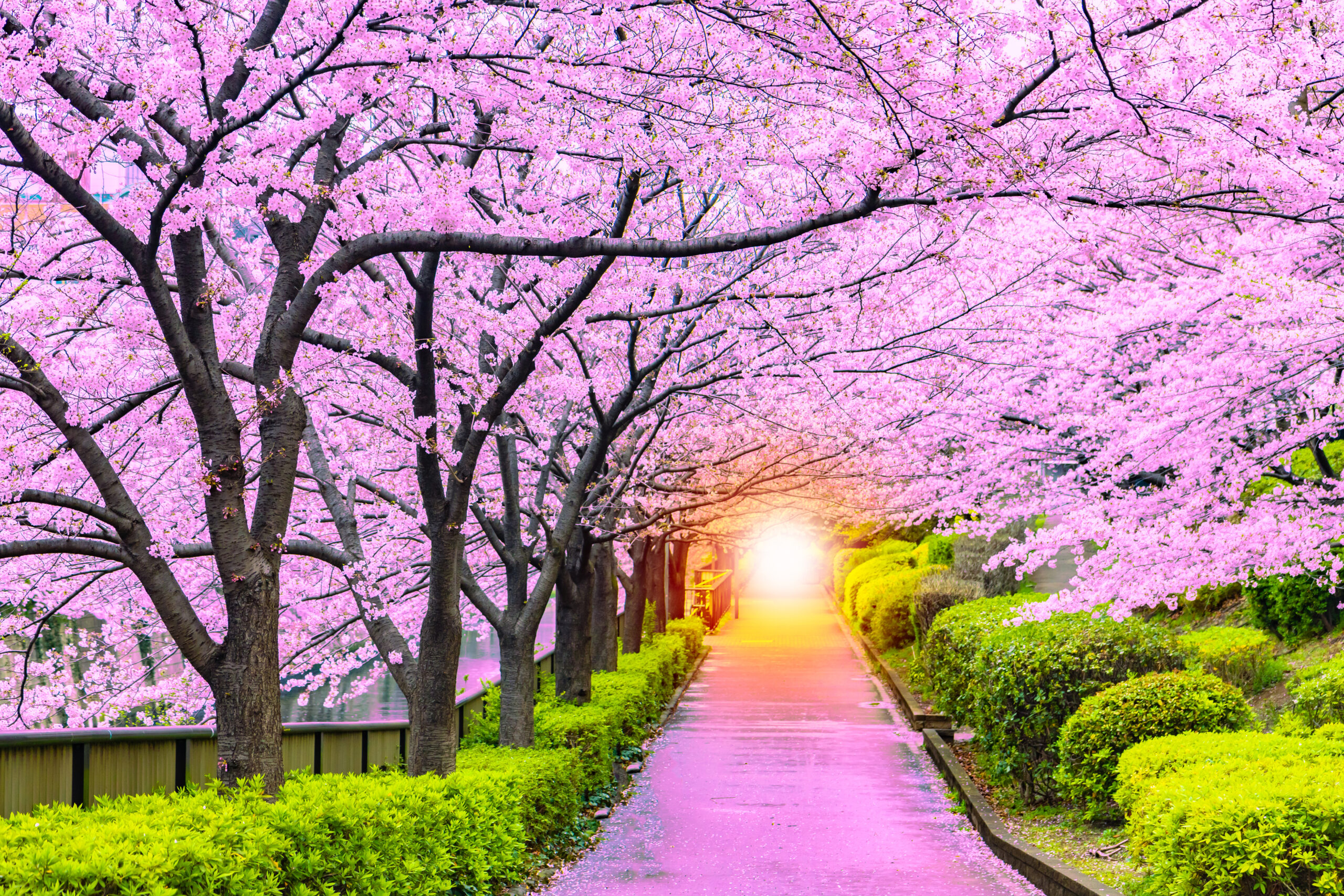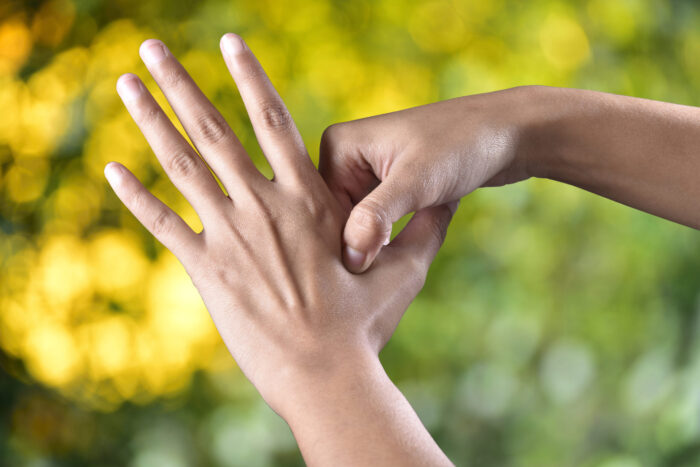
How to support your liver this spring
This is the time of year when many people start feeling a little off, whether they are experiencing allergy symptoms, headaches, irritability, or problems with muscles, tendons and ligaments. Women might have menstrual or fertility issues, and people may find it more difficult to make decisions. Are you sighing more than usual? This may be your body’s way of releasing stagnant liver qi. “Qi” is the Chinese word that means life force or energy. Spring is a great time to support your liver.
It’s “liver time”! In Chinese medicine, the organs are associated with phases or elements, and the liver belongs to the wood element which is dominant in the spring. I share that the symptoms they are experiencing align with the energetic shift of the changing seasons.
Alignment with the seasons and phases
People are often fascinated to hear about how their organs are associated with the different seasons and how this relates to symptoms they experience in their bodies.
In Chinese Medicine, there are five phases of transformation: wood, fire, earth, metal and water. While in Traditional Chinese Medicine these are called elements, Classical Chinese Medicine refers to them as phases because they develop and change into one another. The five phases or elements correspond to the seasons spring, summer, fall, and winter. In Chinese medicine, summer is further divided into summer and late summer. Late summer refers to the transformation between the warmer summer weather and cool fall weather. The seasons and phases (or elements) are associated as follows:
- Spring: Wood. This is when nature starts stirring from winter’s dormancy. Trees and plants blossom. New branches grow out of old wood, and new growth begins.
- Summer: Fire. This is the time of warmth and activity. Nature is moving actively, and as a result is growing and flourishing.
- Late summer: Earth. This is the time of harvest. It is also is the pause between the rising of the warming and active phases of wood and fire and the declining and cooler phases of fall and winter.
- Fall: Metal. This is when nature lets go of what is not needed, as seen in the falling leaves from the trees. The soil is enriched with the compost from the dead leaves so it can prepare for the next cycle of growth in the spring.
- Winter: Water. This is a time of rest. Animals hibernate, the days are shorter, and nature gets still and goes within to build up reserves.
How the liver and gallbladder are affected in the spring
As I shared earlier, the liver is the organ that is associated with the wood element and spring. In Chinese medicine, the gallbladder is paired with the liver, and it is also part of the wood phase or element. Like the new shoots of growth in plants, similarly, our energy rises up in the spring. When too much energy rises up too quickly, we can get headaches and feel irritable.
When this uprising energy gets stuck or is not balanced, we can experience issues with our muscles, tendons and ligaments. For example, this is often a time of year when people experience knee problems. When the liver energy is not flowing smoothly, it can also result in PMS symptoms or fertility issues.
The eyes are the sensory organ associated with the liver. This is a time of year where people frequently experience itchy, red, painful eyes or blurred vision.
Sometimes the energy of these organs can be deficient, and people may experience twitching in their muscles, or find that they have trouble making decisions or gathering the energy to move forward in life.
Support your liver so you can stay healthy this spring
Every individual is unique, and no two people will experience the same symptoms for exactly the same reason. When I see a new patient, I make the time to ask a lot of questions and review their health history. This allows me to determine what is going on with their energy. For example, it is important to determine whether their energy is rising up too quickly, getting stuck, or is deficient. I develop a customized treatment to address their specific needs and restore the balance of energy. This might involve acupuncture needles, ear seeds, qigong exercises, and diet and lifestyle advice.
Want to talk about how acupuncture and Chinese medicine can help you stay healthy this spring? I’d love to hear from you. Reach out and email me through our website or call or text 910-622-4269.
About the Author
Ericca Burke is the owner of HAVEN Acupuncture & Chinese Medicine where she provides acupuncture and Chinese medicine treatments in Wilmington, NC. Click this link to read more about Ericca.
About HAVEN Acupuncture & Chinese Medicine in Wilmington, NC
HAVEN Acupuncture & Chinese Medicine is an acupuncture and Chinese medicine practice located in Wilmington, NC just minutes from beautiful Wrightsville Beach. Click this link for contact information and directions. Click this link for a listing and description of services offered.

